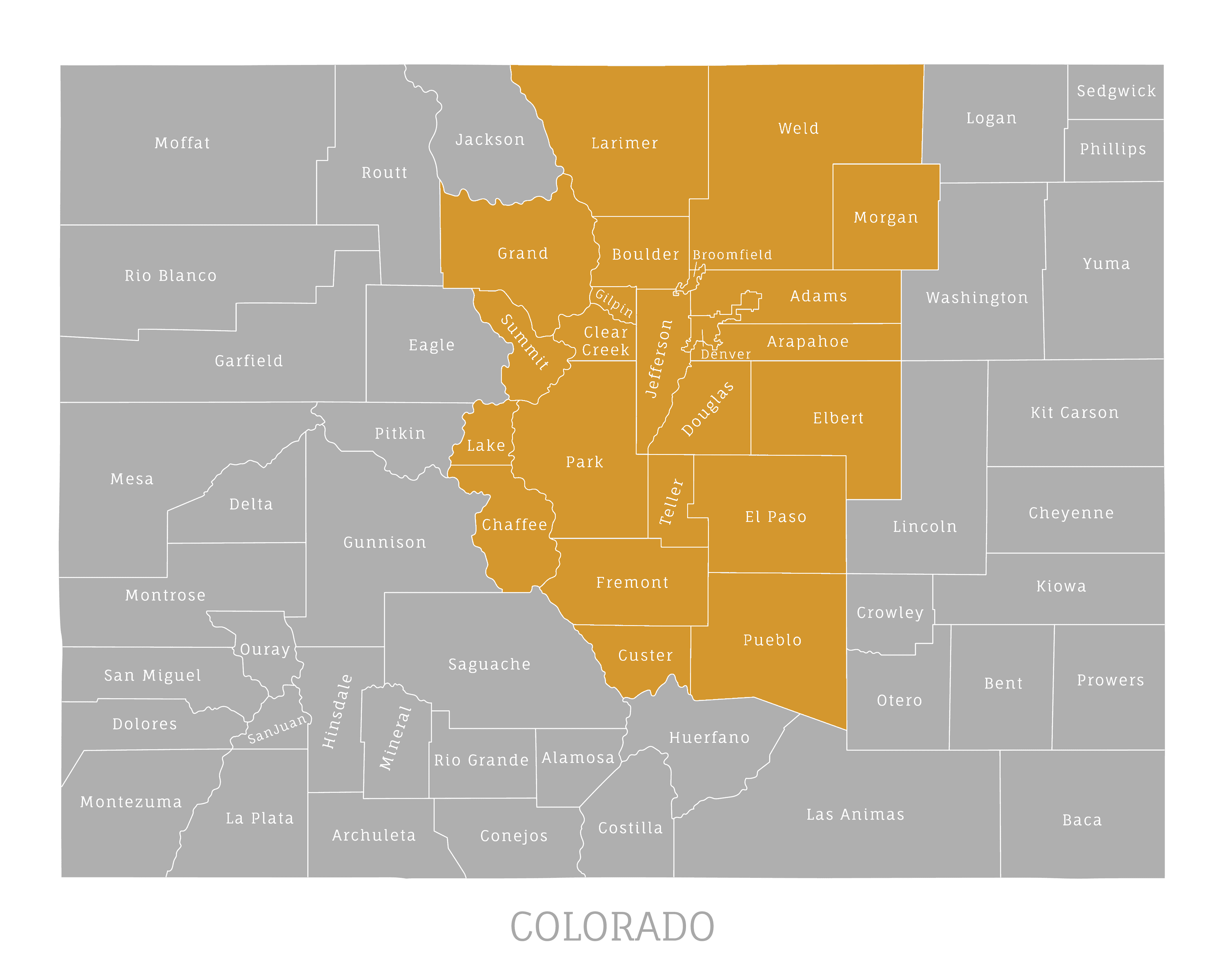Commercial Solar Frequently Asked Questions
Start with a site evaluation and energy usage review from Vanguard Solar Services. We’ll help you navigate design, permitting, incentives, and compliance with Energize Denver, the Green Building Ordinance, and utility interconnection requirements.
Flat-roof buildings (offices, warehouses, schools, retail centers) are ideal. Parking lots can also be used for solar carports, which provide shade while generating clean energy.
Properly designed and installed systems are compatible with most commercial roofing systems and can be installed without voiding warranties. Roof assessments are done beforehand to ensure safety and structural integrity.
Project timelines vary depending on size, permitting, utility interconnection, and roof or land conditions. Most commercial systems in Denver take 3–6 months from initial consultation to activation.
Yes. Solar energy contributes to multiple LEED credits, including Energy and Atmosphere (EA) and Sustainable Sites. Pairing solar with energy efficiency upgrades can strengthen your building’s LEED profile.
Yes. Commercial solar can drastically cut electricity bills, especially for energy-intensive operations. With Denver’s high solar irradiance, systems often pay for themselves in 5–8 years and deliver decades of savings afterward.
Absolutely. Installing solar is a visible and measurable way to reduce greenhouse gas emissions, improve your sustainability reporting, and show leadership on climate action—key for ESG-minded investors and customers.
- Federal Solar Investment Tax Credit (ITC): Covers up to 30% of installation costs.
- MACRS Depreciation: Allows businesses to deduct a significant portion of the system cost from taxes.
- Xcel Energy’s Solar*Rewards Program: Offers performance-based incentives for commercial systems.
- Local grants or green financing tools: May be available depending on project type and building use.
Yes. In addition to Energize Denver and GBO, Colorado has adopted aggressive clean energy goals aiming for 100% renewable electricity by 2040. Local utilities like Xcel Energy are also incentivizing solar adoption through rebates and net metering programs.
The Green Building Ordinance (GBO) applies to commercial buildings over 25,000 sq ft that are either newly constructed or undergoing major roof replacements. One way to comply is by installing on-site renewable energy like solar. Other options include green roofs or purchasing off-site renewable energy—but solar is often the most cost-effective long-term solution.
Energize Denver is a city-wide policy requiring large commercial and multifamily buildings (25,000+ sq ft) to meet annual energy performance targets starting in 2024. Installing solar can help buildings meet these targets by lowering overall energy use intensity (EUI) and reducing emissions.
Denver is leading the way in clean energy policies. Commercial solar can reduce your energy bills, enhance your sustainability profile, and ensure compliance with local energy regulations like Energize Denver and the Green Building Ordinance. Plus, with over 300 sunny days per year, Denver is an ideal location for solar energy production.



